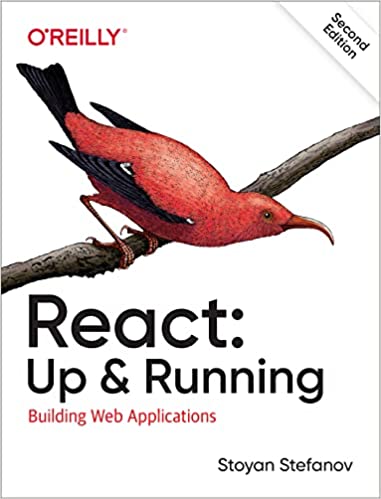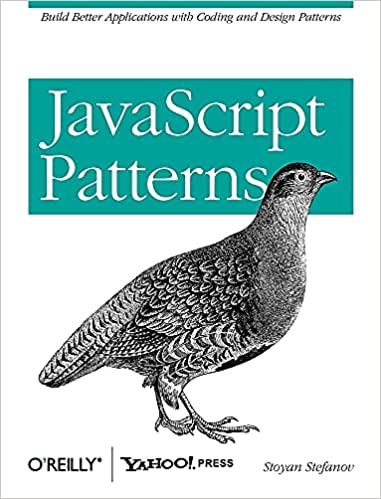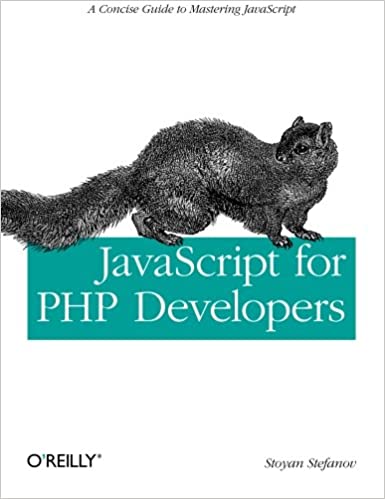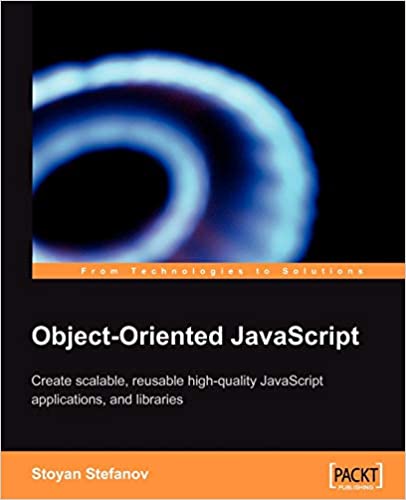How to kill an hour on a Mac on a rainy afternoon? open Terminal.app say -v ? (to list all the voices installed) or say -v ? | grep en_ (for English-only) say -v Fred Fitter. Happier. More productive. Replace Fred with Yuri. Repeat. And if you want more voices, or better ones (some do […]
Archive for the 'mac' Category
#protip: Terminal to Finder and back again
Jan 1st, 2017Sometimes you browse your files in Finder and want to do some stuff on the command line with these same files. Opening Terminal and navigating to the same file location is lame. Finder-to-Terminal You can simply drag the icon of the file or folder in mind… …and drop it into a conveniently located nearby Terminal […]
Installing v8js for PHP on a Mac
Sep 11th, 2013Motivation? Run JS code inside PHP. Just… because 🙂 I struggled for a while with this installation, so leaving a trail here for anyone looking. What you need to accomplish? Goal: run JS code inside a PHP script running on a webserver. Already accomplished: Macs come with a webserver (Apache) and PHP. To get there: […]
Installing PHP and Apache on Mac OSX – that was (pretty) easy
Mar 7th, 2009This posts is one of those “note to self” kinda posts. I just finished installing PHP and Apache on my Mac OS 10.5.6 and though I should document the experience should I (or you) need to do it again. It could already be there The default OS install came with goodies like ruby and php […]
JSLint on Mac + TextMate integration
Feb 21st, 2009UPDATE: Ryan Grove has a better script to display the JSLint results. So basically follow the instructions here until you get to Step 2, point 5 (where you write the command to run JSLint). Then head over to Ryan’s blog post to get the better script. JSLint is an indispensable tool if you’re serious about […]
Installing Rhino on Mac
Feb 20th, 2009To quote http://www.mozilla.org/rhino/: Rhino is an open-source implementation of JavaScript written entirely in Java. It is typically embedded into Java applications to provide scripting to end users. Rhino allows you to use JavaScript: on the server-side, so you can ditch RoR, Perl, PH… well, keep PHP 🙂 … in favor of JavaScript on the command […]




